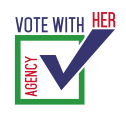
You are your own AGENCY
Text and photos by Paula Fraschia
About the campaign
“You are your own AGENCY” is a campaign designed to inspire both EU and non-EU citizens ahead of the upcoming 2024 EU elections. On the 9th of June, you get to decide who will represent you.
The overarching message is clear, stating that ‘we’ are indeed our own agency. While the EU is often portrayed as a rigid concept far removed from the people on the ground, this campaign argues that we are the EU institution and we should use our agency to transform it through our political participation.
In order to combat the common stereotypes of women who had previously immigrated to the EU, my campaign uses a variety of pictures to provide an insight into my personal life and demonstrate how I use my abilities in a variety of fields to inspire, provoke, and challenge them. Thus, it is evident through a variety of events, including dance festivals, panel discussions, community development projects as well as, educational programmes, that establishing and possessing your own space in your neighborhood is a tangible illustration of what it means to uphold the values of the European Union—namely, freedom, self-determination, and unity in diversity. There are three sections: you are the EU institution, speak up through civil society participation and engage with your local voters.
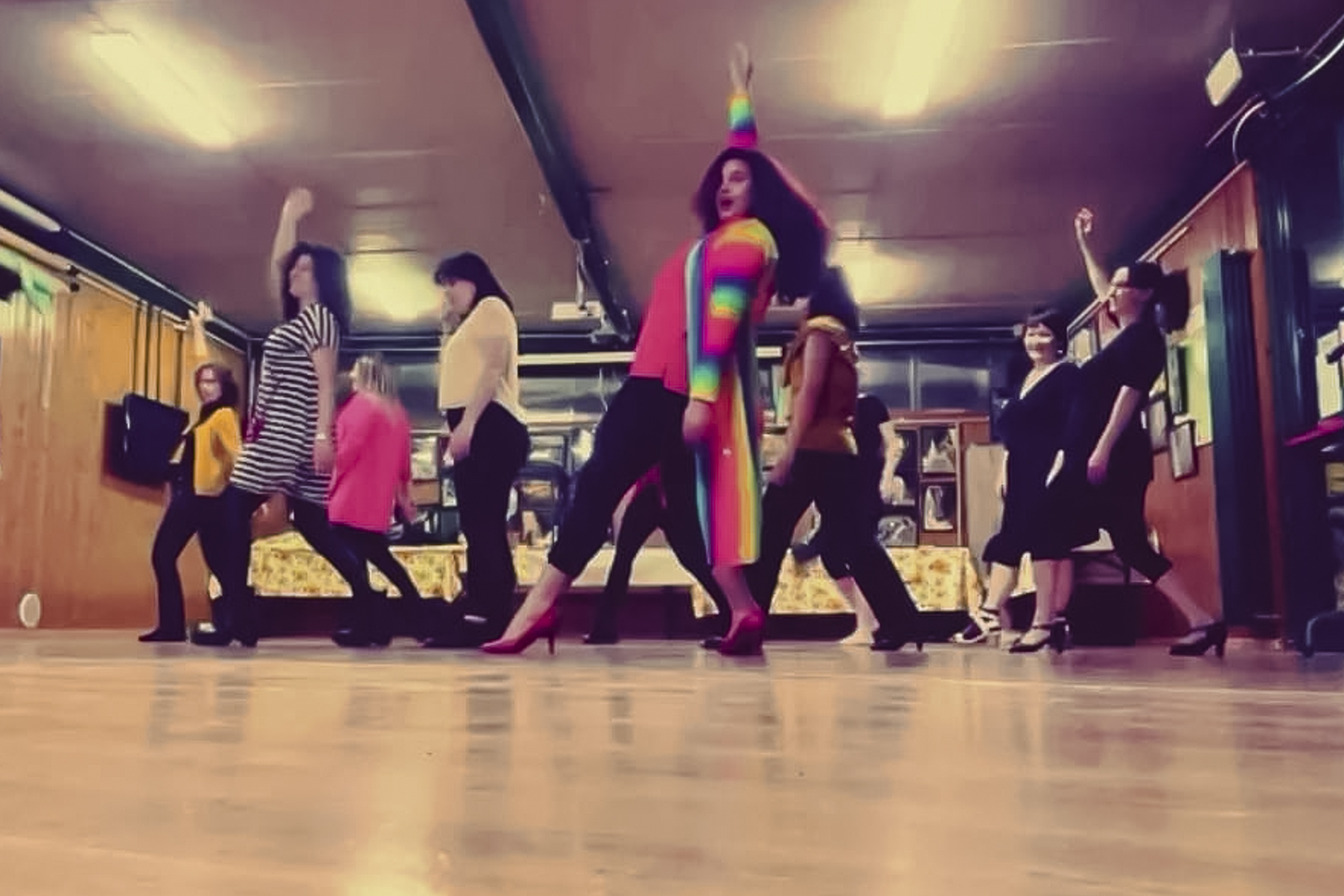
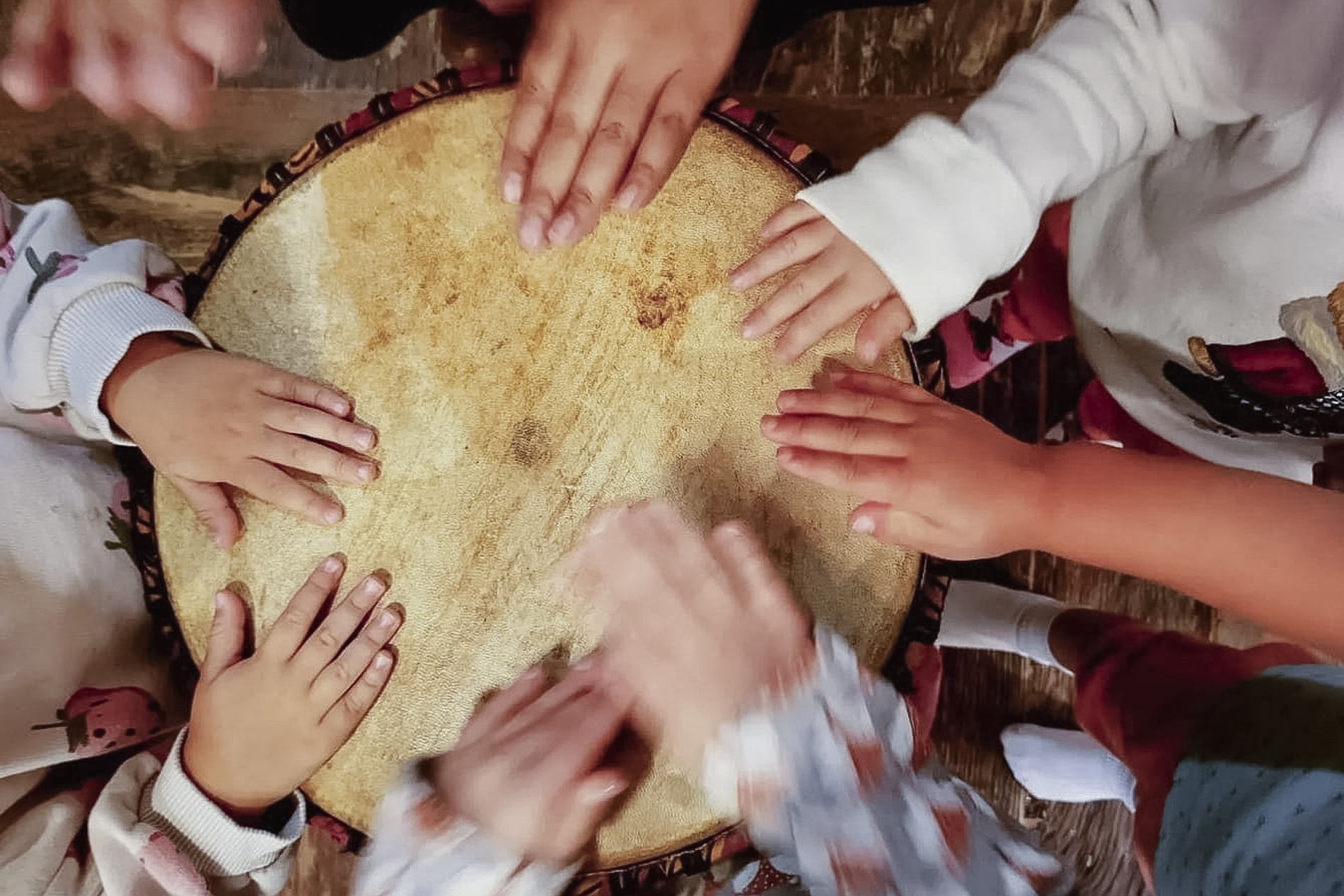

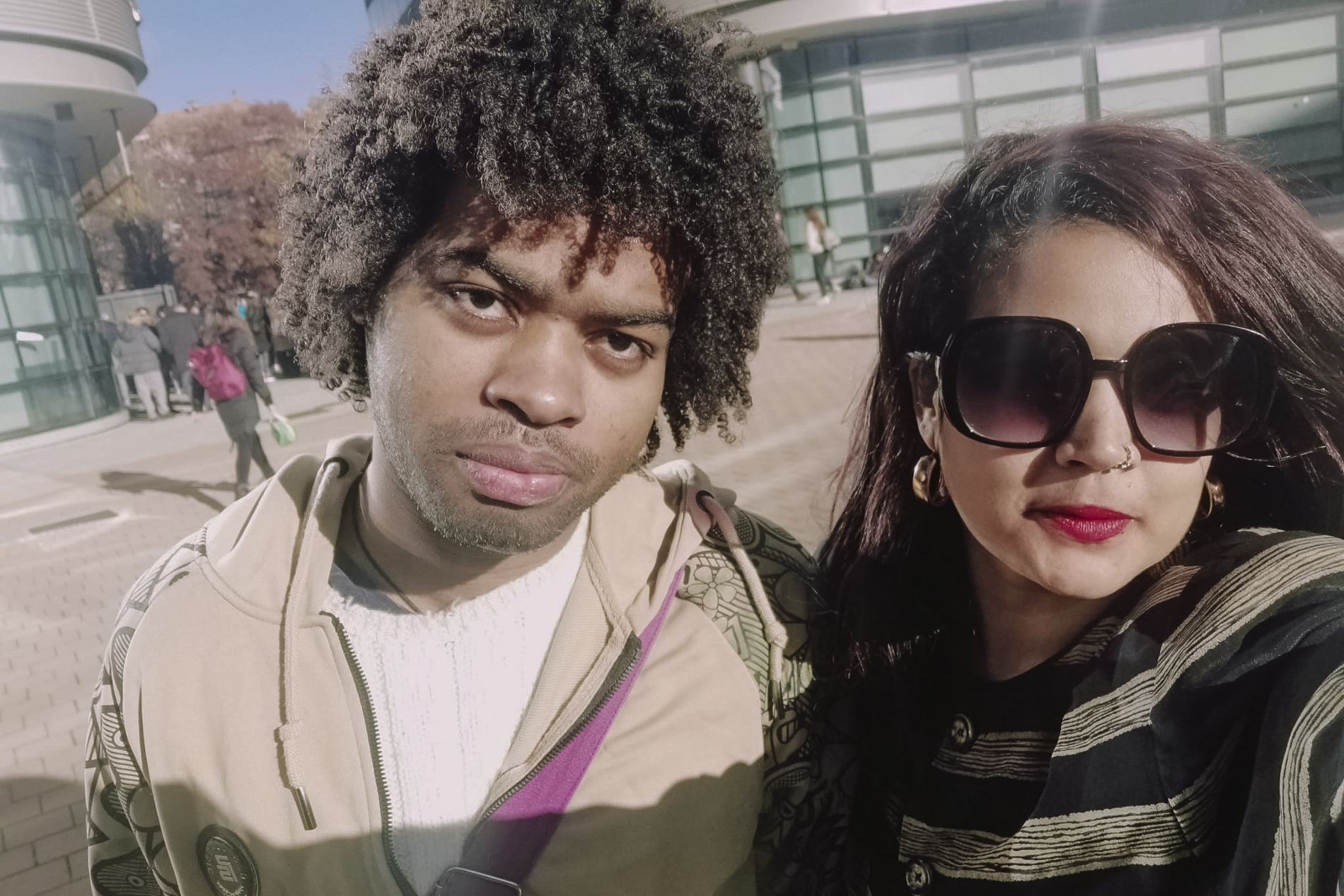
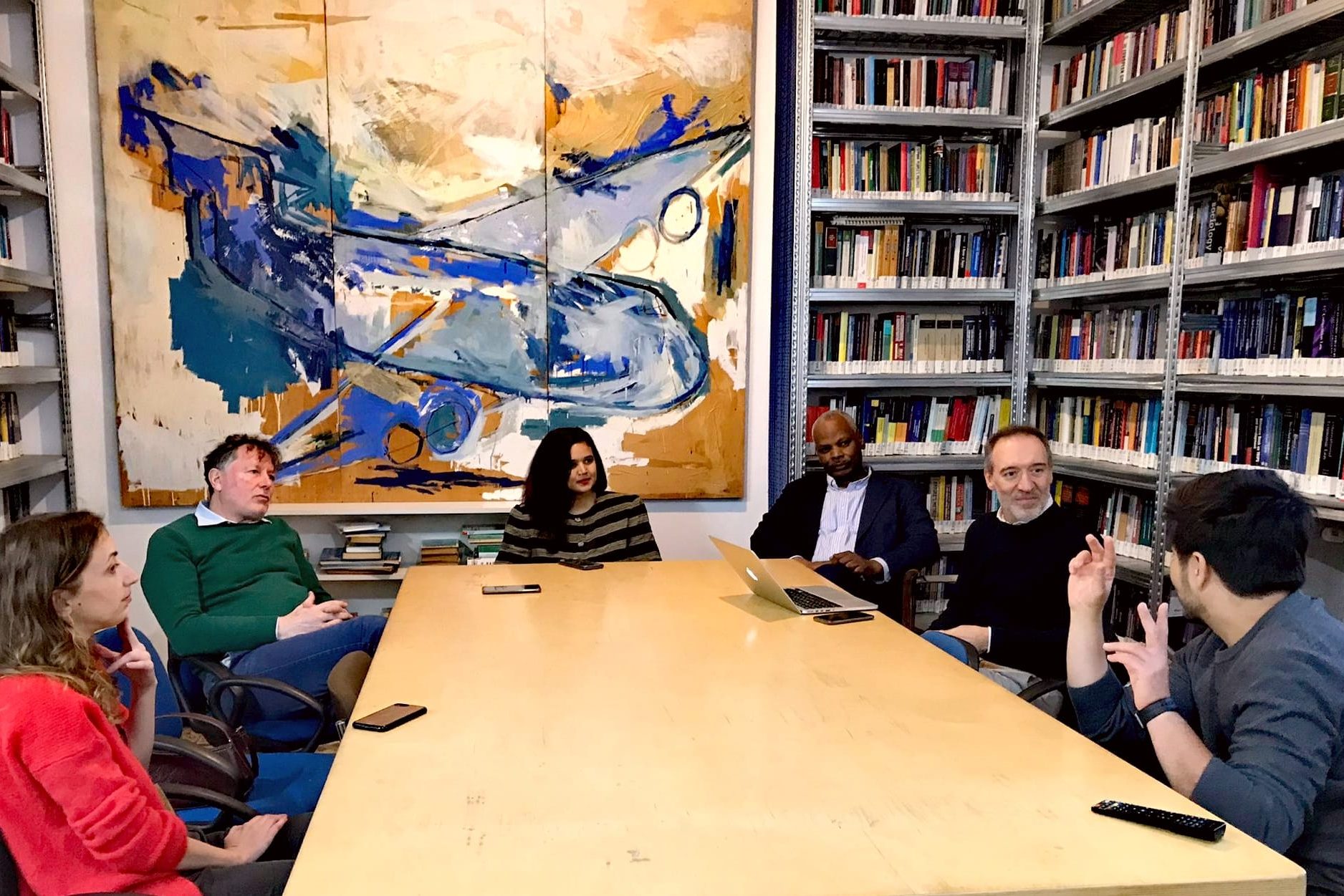
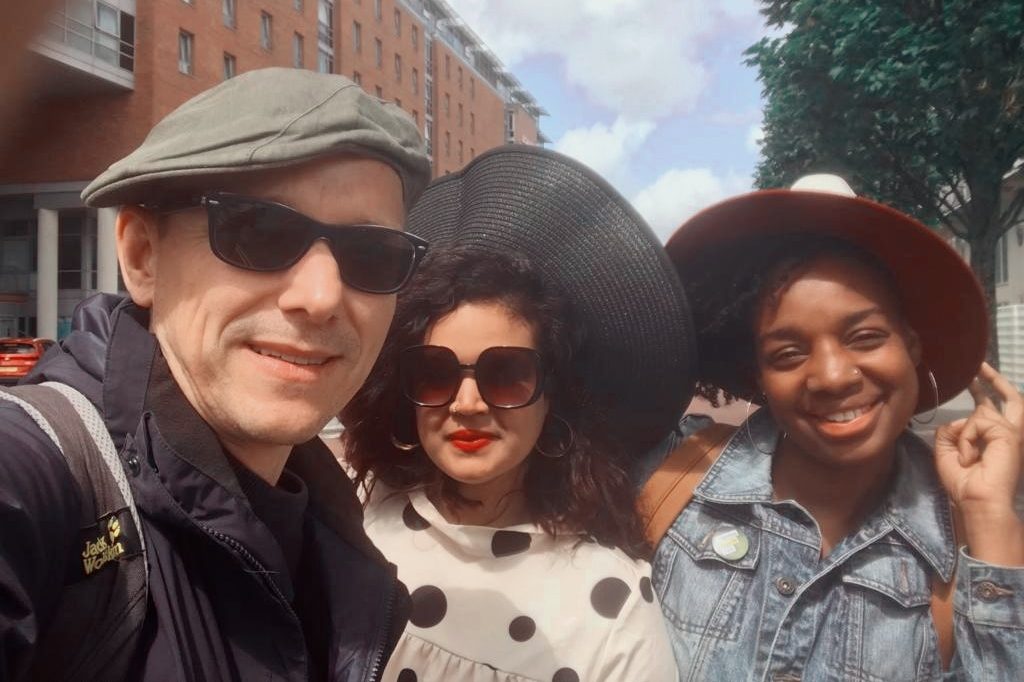
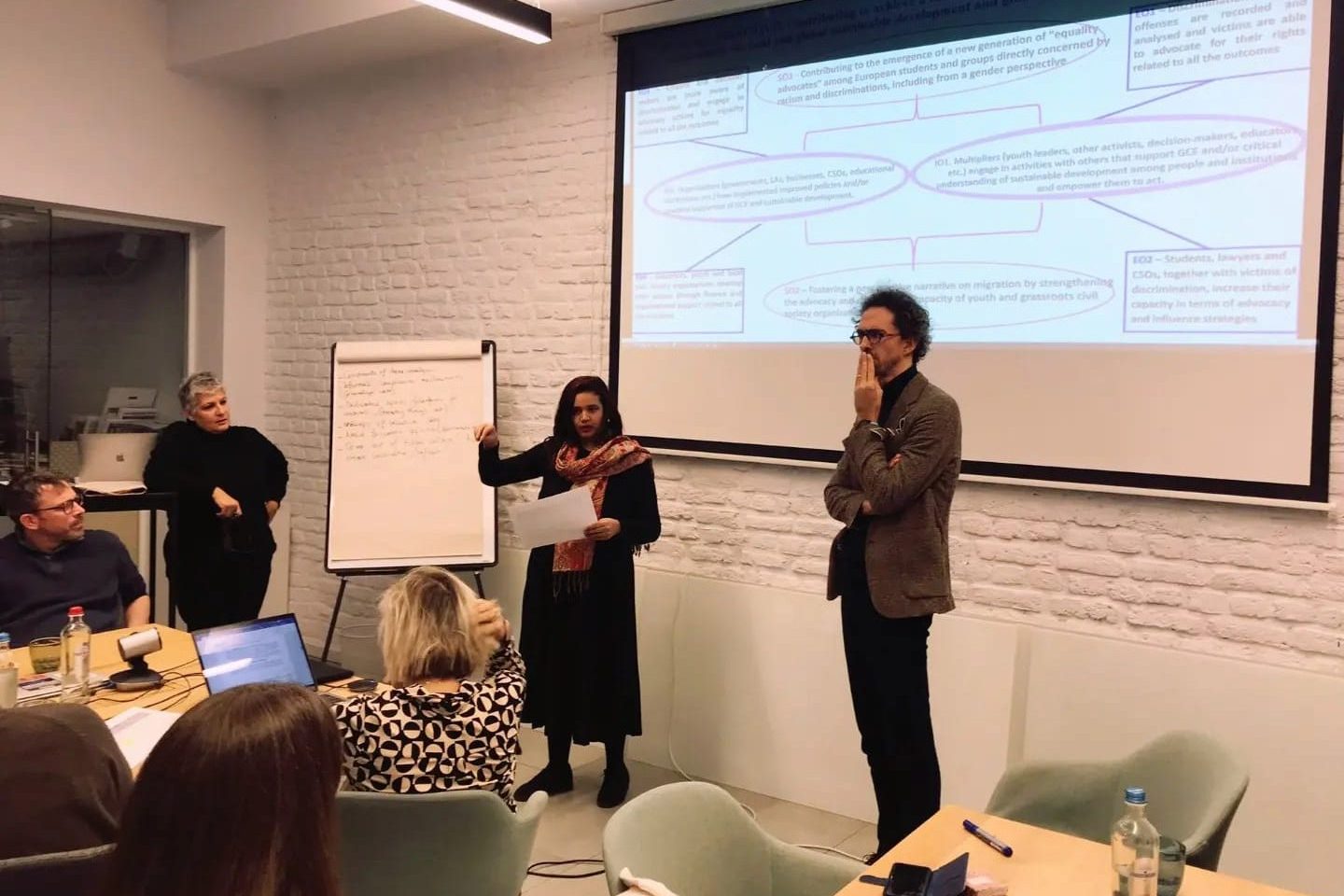
You are the EU institution
This campaign affirms my uniqueness and shows that my identity is more than just a label. The message conveyed by the striking and creative visuals, portrays that I am a person with a personality, dreams, dignity, and self-awareness. The images seek to convey a new message which is that non-white women shouldn’t always be required to exhibit their victimisation in order to be accepted as exceptional individuals with boundless potential. Too frequently, non-white women must constantly project a picture of weakness, timidity, and kindness in order to be acceptable in political settings. These pictures advocate that these women should not be classified as minorities, but rather should accept who they are as individuals and use their skills to give back to their local communities.
Use your voice in political participation
By actively participating in many civil societies, these photos demonstrate my ongoing political activity. Speaking up for yourself confirms that women who have immigrated to the EU should exercise their rights, even if they are not able to vote. We should also actively participate in the current discussions about combating exclusions and discrimination against us. Women who have migrated to the EU shouldn’t wait for someone else to fight for their rights, instead, we should vigorously take advantage of every chance to participate in conversations on local and international levels. Voting occurs ahead of scheduled voting dates since they often choose their candidates months in advance, therefore it’s critical for us who have immigrated to the EU to participate as frequent as possible.
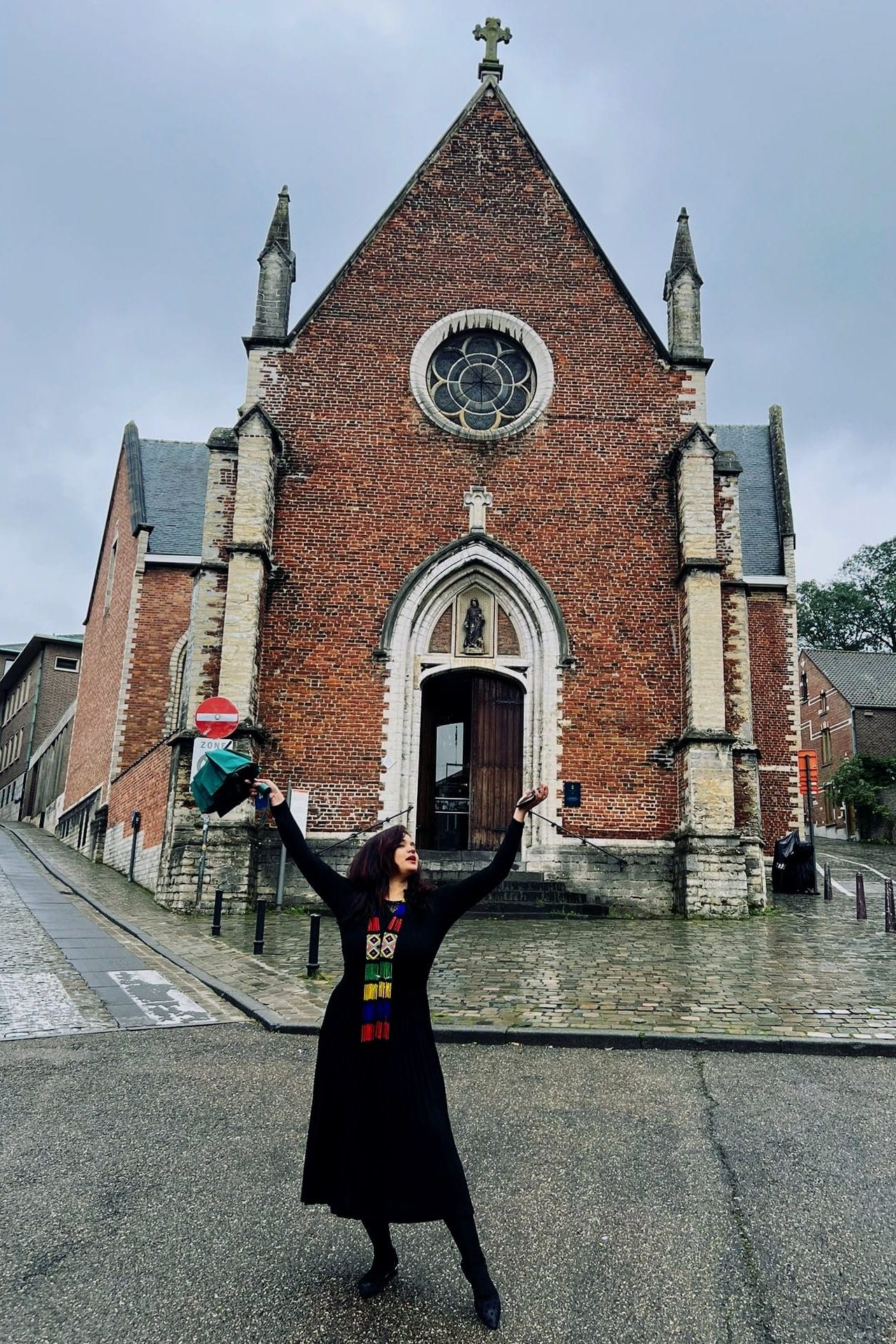
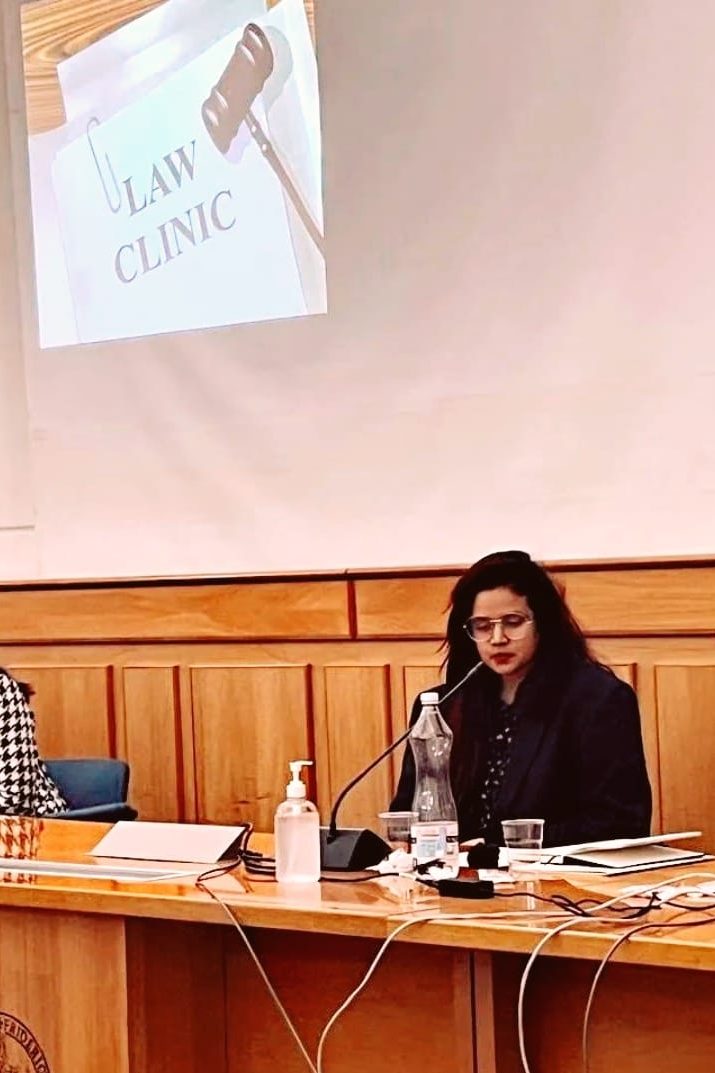
Get involved with your voters
Finally, but just as importantly, these photos illustrate my interactions with my community, which is effectively the electorate in the impending EU 2024 elections.
Finding or creating spaces that enable you, as a woman who has previously migrated to the EU, to contribute your expertise, abilities, and personal identity is crucial. However, being directly involved with your local community requires a certain level of courage, as it is clear that you won’t necessarily speak the same language, culture, religious beliefs to name a few. Surely, there is always the risk of being rejected, or excluded but it is important to grow a thick skin and keep pursuing being a part of the local community through tactical persuasions and meaningful engagements. This is because, it disadvantages women who have previously migrated more than it does for the local community if you are not part of them, particularly when they vote for policies and laws which discriminate against you. For example, the local community has the power to vote for politicians which may further exclude women like us. Therefore, we ought to constantly put ourselves out there and build local communities because real and genuine relationships hold stronger bonds than political slogans.
Through using the arts and education, I share my skills and competences with my local community which speaks of the value I add to the society, and in return it provides me with respect from the local community.
That being said, You are your agency illustrates the importance for women who have previously migrated to the EU to use their own agency through owning their identity, engaging in political participation and by getting involved in their local communities.
